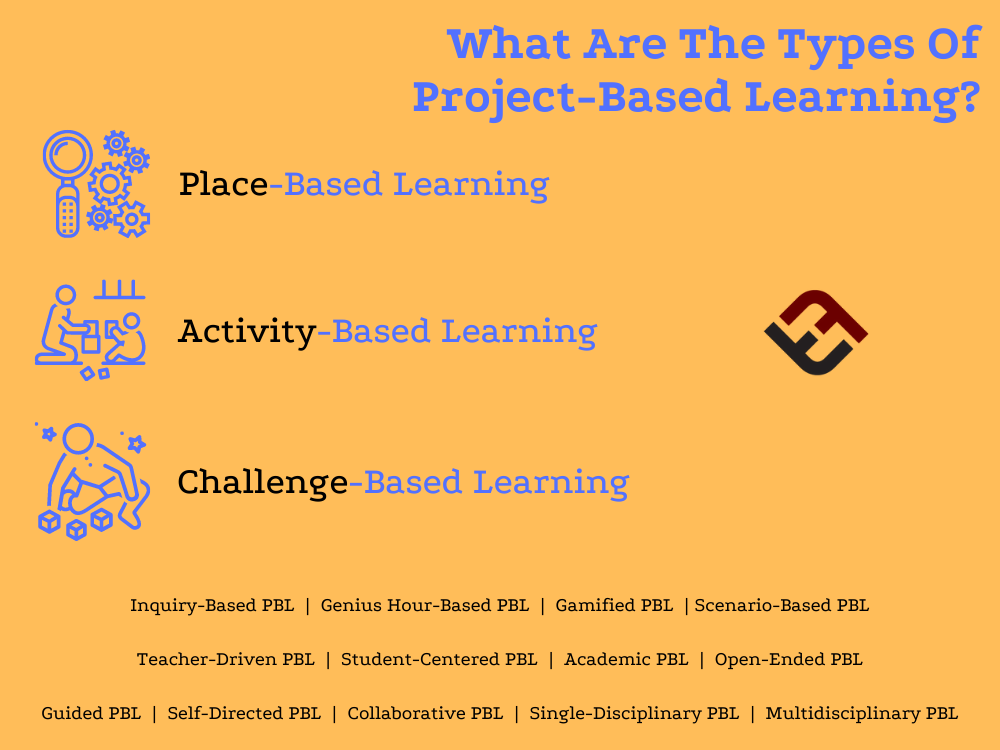
Tao Lin, Trip: Psychedelics, Alienation, and Change – John Pistelli
Tao Lin, Trip: Psychedelics, Alienation, and Change
Trip: Psychedelics, Alienation, and Change by Tao Lin
My rating: 3 of 5 stars
Trip is the story of how novelist, poet, and short story writer Tao Lin, shortly before the publication of his breakthrough novel, Taipei, and after a lifetime of vague physical and mental ailments, recovers when he finds psychedelic guru Terence McKenna on YouTube (via Joe Rogan) and listens to him speak “for more than thirty hours.” Under McKenna’s tutelage, Lin slowly weans himself from what he calls “drugs,” synthetic substances such as MDMA, Xanax, and Adderall, as well as sugar and alcohol. He begins using plant-based psychedelics instead: DMT, magic mushrooms, salvia, and cannabis. These, instead of managing the symptoms of an alienated modern lifestyle, convey the immemorial wisdom of the indigenous groups that long cultivated them and the wisdom of the vegetable kingdom itself.
Through McKenna’s bibliography, Lin also outgrows the despairing philosophy of existentialism and its insistence that we are alone and alienated in the cosmos and need to create our own values individually. He discovers in its place a new worldview of cooperation and interdependence based on New Age feminist speculative anthropology (Marija Gimbutas, Merlin Stone). According to these thinkers, human life was once organized into pacific goddess-worshipping matriarchies, which were sadly supplanted by the abstract father god and his avaricious war-like “dominator” ways after the invention of agriculture, a masculine usurpation that set us on the road to our killing modernity. With McKenna, Lin believes that the widespread use of psychedelics will lead to our reintegration into the natural order via our communion with the sacred mushrooms and magnanimous herbs and will bring us out of history and back to the garden, which aboriginals never left.
Trip devotes chapters to McKenna’s life, to each of the major plant-based substances Lin uses, and to a reflection on why psychedelics are illegal, though Lin judges them safe and effective remedies for our dominator society. He concludes with an epilogue in the form of a third-person novella, reminiscent of his spare and hyper-conscious fiction, about his encounter with McKenna’s ex-wife, Kathleen Harrison, and her family in California—his book, he says, moves toward the feminine, from Terence to Kathleen, as our culture should return to the mother goddess.
Lin is correct, I’m sure, when he denounces our literal collective poisoning by corporations. He’s right, too, about the limitations of western medicine. Iatrogenesis is almost as deadly as cancer and heart disease—a fact that is no abstract statistic to me, unfortunately, as I’ve seen its lethal or near-lethal consequences more than once in my own family, terrible experiences I’ve thought about a lot in the past year and a half when we’ve been urged almost to deify physicians and when so-called liberals made a veritable pope out of a wily, smug, dishonest, and self-serving medical bureaucrat. In that way, Trip, though only three years old, felt much older and was refreshing to read in its wise refusal merely to “trust experts.” (I have a Ph.D., which qualifies me to say the following and little more than the following: I’ve been to the factory where they grind the sausage of expertise, and I’d at least advise you to cook it thoroughly in your own kitchen before consumption.)
However sound the diagnosis, though, I dissent from the book’s prescription, and I mistrust, as well, the alternative cast of outsider experts to whom Lin turns in his distress. He has possibly been ill-served by his education. As far as I can tell, he’d read or at least retained no book by a writer older than Jean Rhys or Raymond Carver by the time he fell down his YouTube rabbit hole in 2012 (the date, incidentally, that McKenna popularized as the end of history, from a possible misinterpretation of Mayan cultural materials). Lin writes that he hadn’t understood anything of history (“a subject in school involving wars and treaties and generals”) before finding, through McKenna, the New Age anthropologists who finally provided him a satisfying explanation of the cosmos and his place in it. In a survey of his modern illness, he portrays himself as having been interested in counterculture while in high school—punk music, radical politics, online video games—but seems not to have thought deeply about serious subjects until his Rogan encounter at the age of 29.
I find this narrative strange because I am only one year older than Lin and attended a large suburban public high school like he did; I was interested in counterculture, too, but I remember psychedelia being everywhere, through the hippie revival that ran from the release of the Beatles Anthology and Bob Dylan Unplugged and Woodstock ’94 to Woodstock ’99 and the big Free Tibet concerts as well as through the then-novel and controversial raver subculture. The boys wore tie-dye shirts, the girls wore Indian-print skirts, and everyone padded around in Birkenstock sandals, at least at my school, even if I tended to dress all in black and hang out with the goths instead. I found out about Terence McKenna and his theories in the late ’90s through The Invisibles comic and its wild letters column, but I was also discovering Camille Paglia around the same time, with her irresistible and no doubt overstated heckling of just the type of feminist historiography Lin cites so credulously. (The myth of primordial matriarchy, like most forms of dubious identity politics that claim to challenge the reign of evil white men, appears to have been invented by a white man writing in German in the 19th century.) I suspect that lost paradises, Gardens of Eden, no less than futurist utopias, are psychic projections of a wholeness not actually available to us on earth.
I have also, to be honest, always distrusted recreational drug use, hallucinogen and otherwise. Whatever insights the friends who devoted themselves to cannabis, mushrooms, and LSD claimed they were having, their visions never translated into anything I found intelligible, just as the most tedious passages of Trip are the trips themselves, meaningful to Lin but not to the reader. And to put it bluntly, pun intended, you could watch their IQ drop from year to year. My own experiences with cannabis have been very few and worse than disappointing. I don’t think I ever read McKenna’s Food of the Gods, at least not in full, but I did read some other books in the same vein, like Pinchbeck’s Breaking Open the Head and Narby’s Cosmic Serpent (the latter, with its claim that ayahuasca vouchsafes a vision of the double helix, cited in Lin’s bibliography). I wasn’t persuaded by their fantasias, which seemed to me so much Noble Savage mythology and white liberal guilt and projection, just as the psychedelia in Grant Morrison and even in Alan Moore (a more serious writer) eventually wore thin. In their place I discovered authors devoted to the long discipline of art and less gullible when confronted with counterculture’s banal adolescent slanders, mostly fed to children by marketers, against the humanist tradition.
Furthermore, for all the time that Lin spends in Trip exploring the intersection of psychedelics and deep-state skullduggery (e.g., MK-Ultra), as well as his own paranoia, played for laughs throughout the book, that the CIA is following him around, our extremely-online psychonaut never even mentions the longstanding rumor—I probably first read it on the Rigorous Intuition message board back in 2005; Lin must be aware of it—that McKenna himself was at the very least an FBI informant if not worse. I obviously have no idea if that’s true or not, and I don’t mean to libel a dead man, but I do think it’s far more likely that power wants us locked in our rooms on inner vision quests barely communicable to the outside world—to “leave society,” in the injunction Lin’s first psilocybin trip inspired, which furnishes the title of his next novel—than they want us awake and alert in real life, bringing our creative and critical imagination into articulate form and contesting power’s own ambitions where they do not coincide with ours.
McKenna, in any case, was happy to represent himself as the envoy of authority—he claimed to be working for Big Mushroom—and I suspect he got a kick out of describing his mycological conscription in terms that recall intelligence recruitment. McKenna claimed psychedelic mushrooms came from the stars and had seeded themselves among innumerable worlds and civilizations. Lin relays the following information from McKenna’s visionary colloquy with the colour out of space:
In the two-page quote, the mushroom explained that its nearly immortal body (“only the sudden toxification of a planet or the explosion of its parent star can wipe me out”) was a network in the soil with potentially more connections than in a human brain and that it sought symbiosis—a relation of mutual dependence and benefits—with humankind. In its memory was “the knowledge of hyperlight drive ships and how to build them.” It would trade this knowledge for a ticket—via humans—to worlds around stars younger and more stable than the sun.
I’ll need more assurance than this before I will surrender my psyche to glorified mildew. (And let’s not even get started on the “DMT elves.”) The mawkish platitudes about cooperation that Lin finds so appealing are just the sort of manipulation tactic corrupt authorities use to get us to give up our volition to forces that don’t have our best interests at heart. A certain style of religious conservatism does iron-fistedly prohibit our exploration of much sensory and spiritual potential; but surely our own era of progressive corporatism, with its wild-eyed bearded CEO-kings, who look like they just got back from drinking the ayahuasca, or at least from Burning Man, should challenge any easy equation between human freedom and hallucination. Power doesn’t only announce itself in jackboots; it fawns and cajoles and plays on our compassion and curiosity to lead us into traps or down blind alleys. So it is, in my judgment, with the whole psychedelic culture Lin is so eager to promote.
On the bright side, by which I mean the literary side, I found Trip both extremely readable and fascinatingly experimental as a work of hybrid structure—Lin, with his pleasing detours into Mandelbrot, would say “fractal”—transitioning with ease from exposition to narrative, from memoir to argument, from dialogue to monologue; it felt like having 50 browser tabs open but in a dream of absolutely complex clarity. For better and worse, Trip is a book of and by the Internet even more than it is of and by the plants and mushrooms, though the Internet, perhaps the ultimate psychedelic, is not its overt theme at all. I enjoyed Lin’s speculations that language and literature model within life the unimaginable complexity of the imagination that contains life—a conclusion, I must note, similar to the one that Emerson managed to arrive at in “The Poet” even while advising the apprentice bard to avoid “procurers of animal exhilaration” and instead drink “water from a wooden bowl.”










